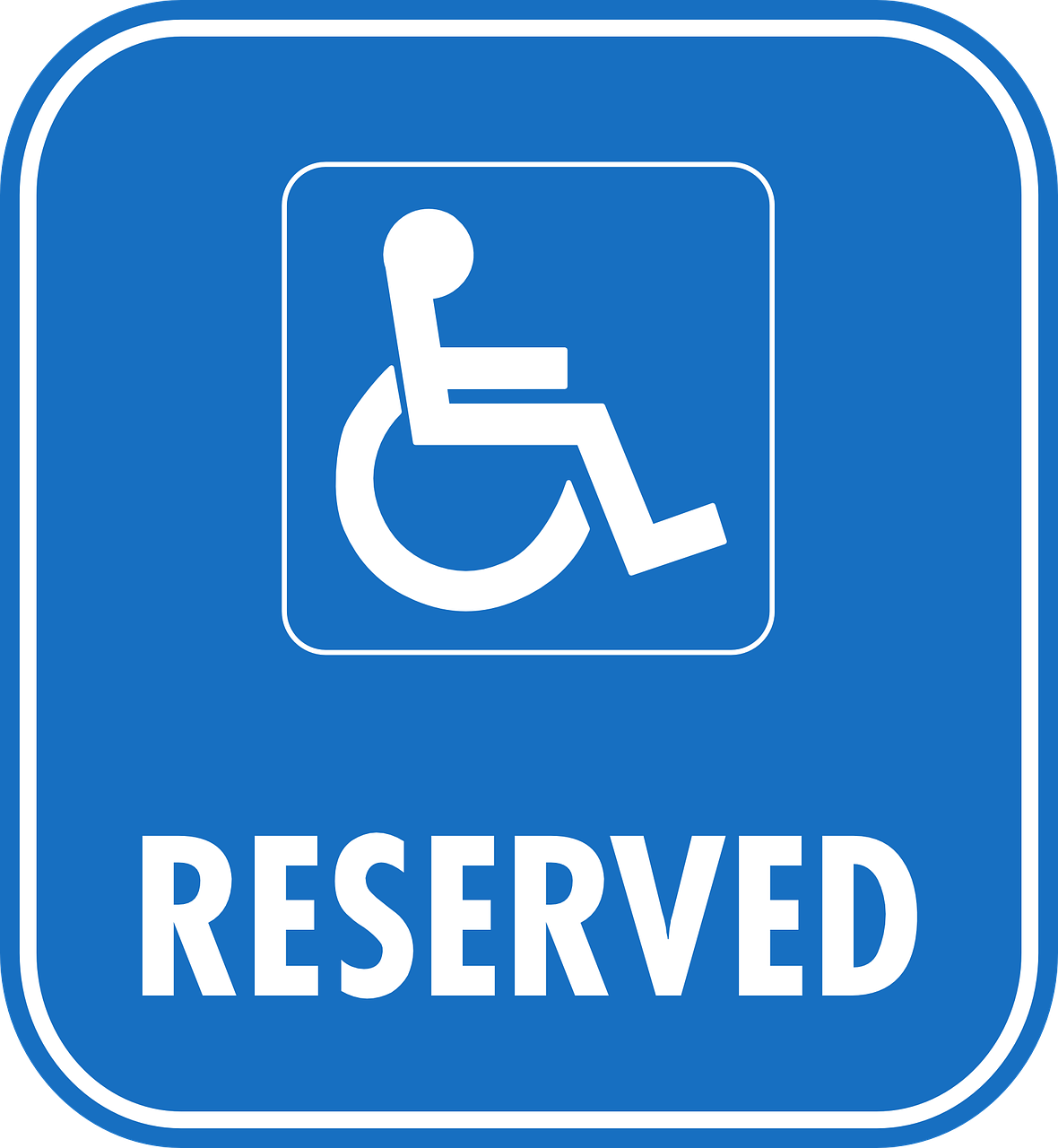Handicapped Parking Rules
Accessibility for handicapped parking is essential for individuals with disabilities to have access to convenient parking spaces that accommodate their needs. While handicapped parking rules can vary by location, typical requirements include designated parking spaces, permits, and penalties for misuse. Handicapped parking rules are an important way of demonstrating respect and consideration for individuals with disabilities. Let’s explore some of the key handicapped parking rules and guidelines to help ensure that everyone has access to the parking they need.
The Americans with Disabilities Act (ADA) requires that all handicapped parking spaces be provided in parking lots and garages and located near accessible entrances. In North Carolina, handicapped parking spaces are designated for individuals who have a disability that limits or impairs their mobility or who have a condition that requires the use of a wheelchair, crutches, cane, or other mobility aid. A handicapped parking permit is issued to the individual with the qualifying disability and may be used with any vehicle the individual is driving or riding in as a passenger.
Here are the handicapped parking rules for the states of North Carolina and South Carolina:
- Only vehicles with a handicapped license plate or handicapped placard are allowed to park in designated handicapped parking spaces.
- The person assigned the handicapped plate or placard must be present with the vehicle in use for the rules to apply.
- Handicapped parking spaces must be identified with a sign that displays the international symbol of accessibility (the blue wheelchair symbol)
- Handicapped parking spaces must be located in areas that offer the shortest accessible route to a building entrance.
- Handicapped parking permits must be displayed on the vehicle’s rearview mirror or dashboard when parked in a handicapped parking space.
- It is illegal for any person to park in a handicapped parking space if they do not have a valid handicapped license plate or placard.
- The penalty for parking in a handicapped parking space without a valid permit is a fine of up to $250 in North Carolina and a flat fine of $100 in South Carolina.
It is important to note that handicapped parking regulations can vary by state and location. Please be mindful of how to appropriately use a handicapped parking permit to avoid penalties.
Types of Handicapped Parking Spaces
There are two main types of handicapped parking spaces: standard-accessible and van-accessible. Here are the details about each type:
Standard-Accessible Parking Spaces
Standard-accessible parking spaces are the most common type of handicapped parking spaces. This type of parking space is designed for vehicles that have a handicapped license plate or placard. Standard-accessible parking spaces are located close to the entrance of a building and marked with the standard international symbol of accessibility. Standard-accessible parking spaces are also required to be at least 8 feet wide with a 5-foot access aisle on one side to allow ample spaces for a wheelchair or mobility aid to maneuver safely. Persons with a handicapped placard who do not require van-accessible parking spaces should carefully consider the type of space they can comfortably use as an act of consideration for those with a full wheelchair van that needs added width to get a ramp and chair out safely.
Van-Accessible Parking Spaces
Van-accessible parking spaces are specifically designed for use by vans with wheelchair ramps or lifts. These types of parking spaces are wider than standard-accessible spaces, with an access aisle that is at least 8 feet wide to provide enough room for entering and exiting the van using a wheelchair or mobility aid. Van-accessible parking spaces are marked with the international symbol of accessibility and also include the words “van accessible” on the sign.
All Things Possible is a non-profit organization dedicated to providing support and resources for the Charlotte metropolitan community and helping wheelchair users with safe mobility solutions. It is important to understand and comply with handicapped parking rules to ensure that individuals with disabilities have equal access to parking spaces and facilities. By following the rules and respecting the needs of others, we can ensure that everyone has access to the parking they need.







